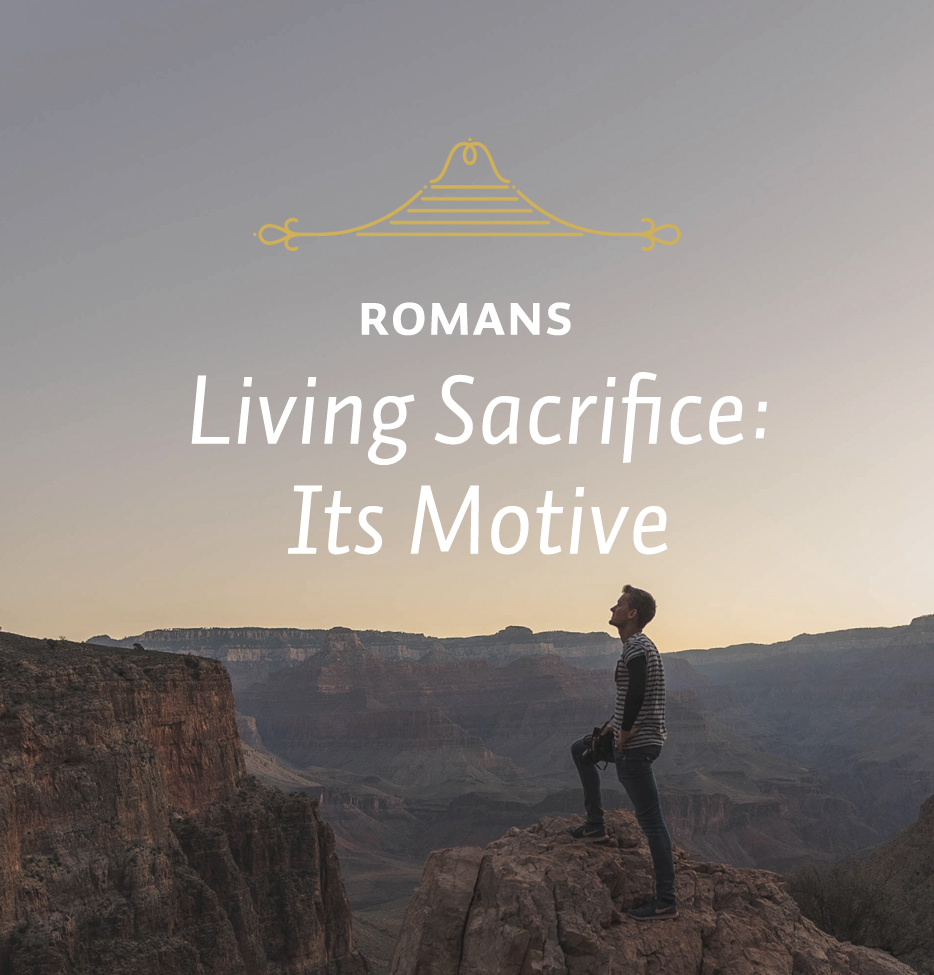This is not the first time we have had to think about mercy in studying Romans. Mercy is one of three words often found together: goodness, grace and mercy. “Goodness” is the most general term, involving all that emanates from God: His decrees, His creation, His laws, His providences. It extends to the elect and to the non-elect, though not in the same way. God is good, and everything He does is good. “Grace” denotes favor, particularly toward the undeserving. There is common grace, the kind of favor God shows to all persons in that He sends rain on the just and unjust alike. There is also special, or saving, grace, which is what he shows to those He is saving from their sins. “Mercy” is an aspect of grace, but the unique quality of mercy is that it is given to the pitiful.
Arthur W. Pink says, “Mercy…denotes the ready inclination of God to relieve the misery of fallen creatures. Thus ‘mercy’ presupposes sin.”1
Let me give examples to show how this works.
The first is Adam. I would like you to try to put yourself in Adam’s position at the very beginning of human history and imagine how he must have felt when God came to him in the garden after he and Eve had sinned by eating from the forbidden tree. You will remember that God had warned Adam about eating, saying, “You are free to eat from any tree in the garden; but you must not eat from the tree of the knowledge of good and evil, for when you eat of it you will surely die” (Gen. 2:17). The Hebrew text actually says, “On the day you eat of it you will die.” But Adam and Eve had eaten of it, and now God had come to them to demand an accounting and pronounce judgment.
“Where are you?” God called.
Adam and his wife had hidden among the trees when they heard God coming, and they were terrified. God had said that they would die on the day they ate of the forbidden tree. Eve must have expected to die. Adam must have expected to die. “I heard you in the garden, and I was afraid because I was naked; so I hid,” Adam said.
“Who told you that you were naked?” God asked. “Have you eaten from the tree that I commanded you not to eat from?”
Adam confessed that he had eaten, though he blamed the woman for getting him to do it.
God addressed the woman, “What is this you have done?”
Eve blamed the serpent (Gen 3:9-13). At last God began His judgments, beginning with the serpent: “Cursed are you above all the livestock and all the wild animals! You will crawl on your belly and you will eat dust all the days of your life. And I will put enmity between you and the woman, and between your seed and hers; he will crush your head, and you will strike his heel” (vv. 14-15).
God spoke to Eve next, foretelling pain in childbirth and harsh struggle within the marriage. We call it the battle of the sexes. Finally, God addressed Adam: “Cursed is the ground because of you; through painful toil you will eat of it all the days of your life. It will produce thorns and thistles for you, and you will eat the plants of the field. By the sweat of your brow you will eat your food until you return to the ground, since from it you were taken; for dust you are and to dust you will return” (vv. 17-19).
1Arthur W. Pink, The Attributes of God (Grand Rapids, MI: Baker, n.d.), 83-84.






